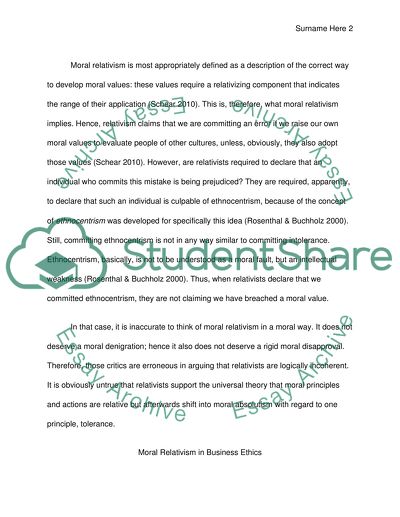Cite this document
(“H.W Book Report/Review Example | Topics and Well Written Essays - 1250 words - 2”, n.d.)
H.W Book Report/Review Example | Topics and Well Written Essays - 1250 words - 2. Retrieved from https://studentshare.org/miscellaneous/1570378-hw
H.W Book Report/Review Example | Topics and Well Written Essays - 1250 words - 2. Retrieved from https://studentshare.org/miscellaneous/1570378-hw
(H.W Book Report/Review Example | Topics and Well Written Essays - 1250 Words - 2)
H.W Book Report/Review Example | Topics and Well Written Essays - 1250 Words - 2. https://studentshare.org/miscellaneous/1570378-hw.
H.W Book Report/Review Example | Topics and Well Written Essays - 1250 Words - 2. https://studentshare.org/miscellaneous/1570378-hw.
“H.W Book Report/Review Example | Topics and Well Written Essays - 1250 Words - 2”, n.d. https://studentshare.org/miscellaneous/1570378-hw.


